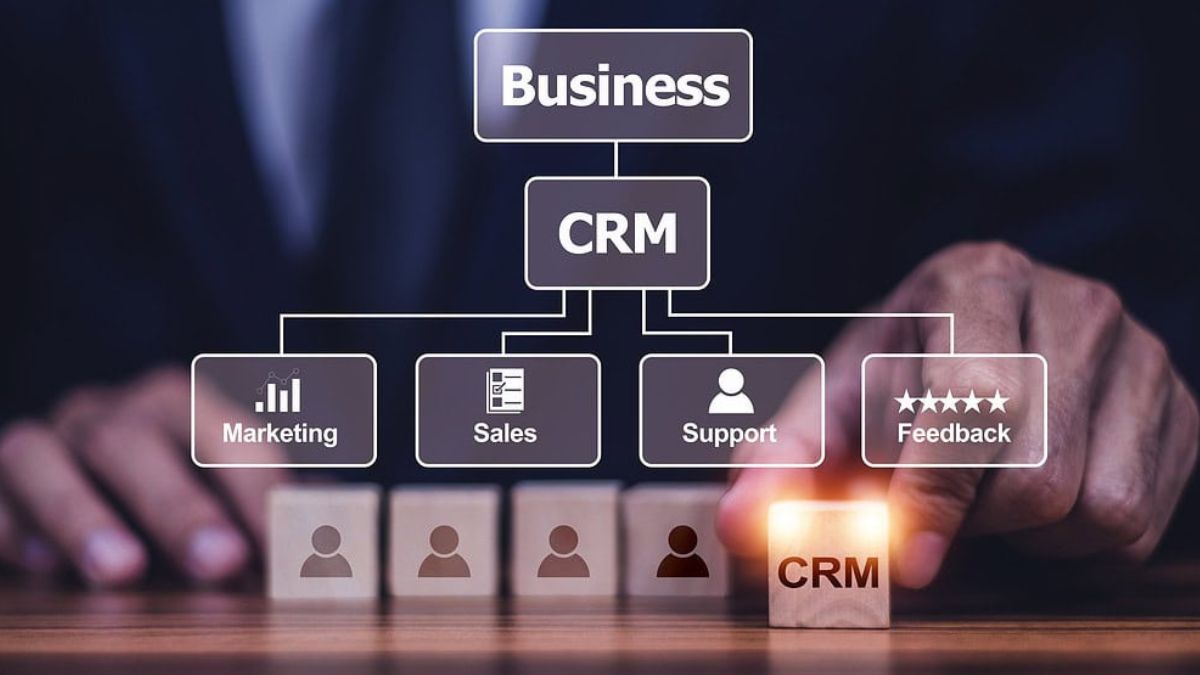In today’s competitive business environment, effective lead management is crucial for driving sales and achieving growth. Businesses need to capture, track, and nurture leads efficiently to convert prospects into loyal customers. This is where Customer Relationship Management (CRM) systems play a vital role. A well-implemented CRM solution streamlines the entire lead management process, making it easier for sales teams to focus on closing deals. This guide will help you understand how CRM works for lead management and why it is essential for your business.
What Is Lead Management?
Lead management is the process of capturing, tracking, and nurturing potential customers (leads) until they are ready to make a purchase. It involves multiple stages, including lead generation, qualification, engagement, and conversion. Without a structured system, businesses often lose track of valuable leads, resulting in missed opportunities and lower revenue.
How CRM Supports Lead Management
A CRM system is designed to centralize all customer data, making it easily accessible to sales, marketing, and support teams. When applied to lead management, CRM helps businesses manage leads from the first point of contact to the final sale. It allows organizations to automate tasks, analyze lead behavior, and provide personalized experiences, which significantly improve conversion rates.
Key Benefits of Using CRM for Lead Management
- Centralized Lead Data – CRM stores all lead-related information in one place, eliminating data silos and ensuring teams have a complete view of every prospect.
- Improved Lead Tracking – Sales teams can track lead activities, including emails, calls, and website visits, allowing them to respond at the right time.
- Automated Lead Scoring – CRM uses predefined criteria to score leads, helping sales representatives prioritize high-potential prospects.
- Enhanced Communication – CRM integrates with email, chat, and social media to streamline communication with leads across multiple channels.
- Better Collaboration – Marketing and sales teams can work together seamlessly, ensuring that leads are nurtured effectively.
- Data-Driven Decisions – Built-in analytics and reports provide insights into lead sources, conversion rates, and sales performance.
Essential Features of a Lead Management CRM
When choosing a CRM for lead management, look for the following features:
- Lead Capture Tools to collect leads from websites, social media, and campaigns.
- Lead Segmentation to organize leads based on demographics, interests, and behavior.
- Workflow Automation to automate repetitive tasks like follow-up emails and reminders.
- AI and Predictive Analytics to forecast sales and identify the most promising leads.
- Mobile Accessibility to allow sales teams to manage leads on the go.
How to Implement CRM for Lead Management
- Define Your Sales Process – Understand how leads move through your funnel and customize your CRM accordingly.
- Choose the Right CRM – Select a CRM that suits your business size, industry, and goals.
- Integrate with Marketing Tools – Ensure your CRM works with email marketing, social media, and other lead generation platforms.
- Train Your Team – Provide proper training so employees can use CRM effectively.
- Monitor and Optimize – Regularly analyze CRM data to improve lead management strategies.
Popular CRM Tools for Lead Management
Some widely used CRM solutions for lead management include Salesforce, HubSpot CRM, Zoho CRM, Pipedrive, and Microsoft Dynamics 365. These tools offer advanced features like automation, analytics, and AI integration to enhance lead handling efficiency.
Conclusion
Using a CRM for lead management is no longer optional; it is a necessity for businesses aiming to increase sales and improve customer relationships. A robust CRM system not only simplifies the process of managing leads but also ensures that no opportunity is lost. By automating tasks, providing valuable insights, and improving collaboration, CRM empowers businesses to convert more leads into paying customers. Investing in the right CRM solution can transform your lead management strategy and drive long-term success.
